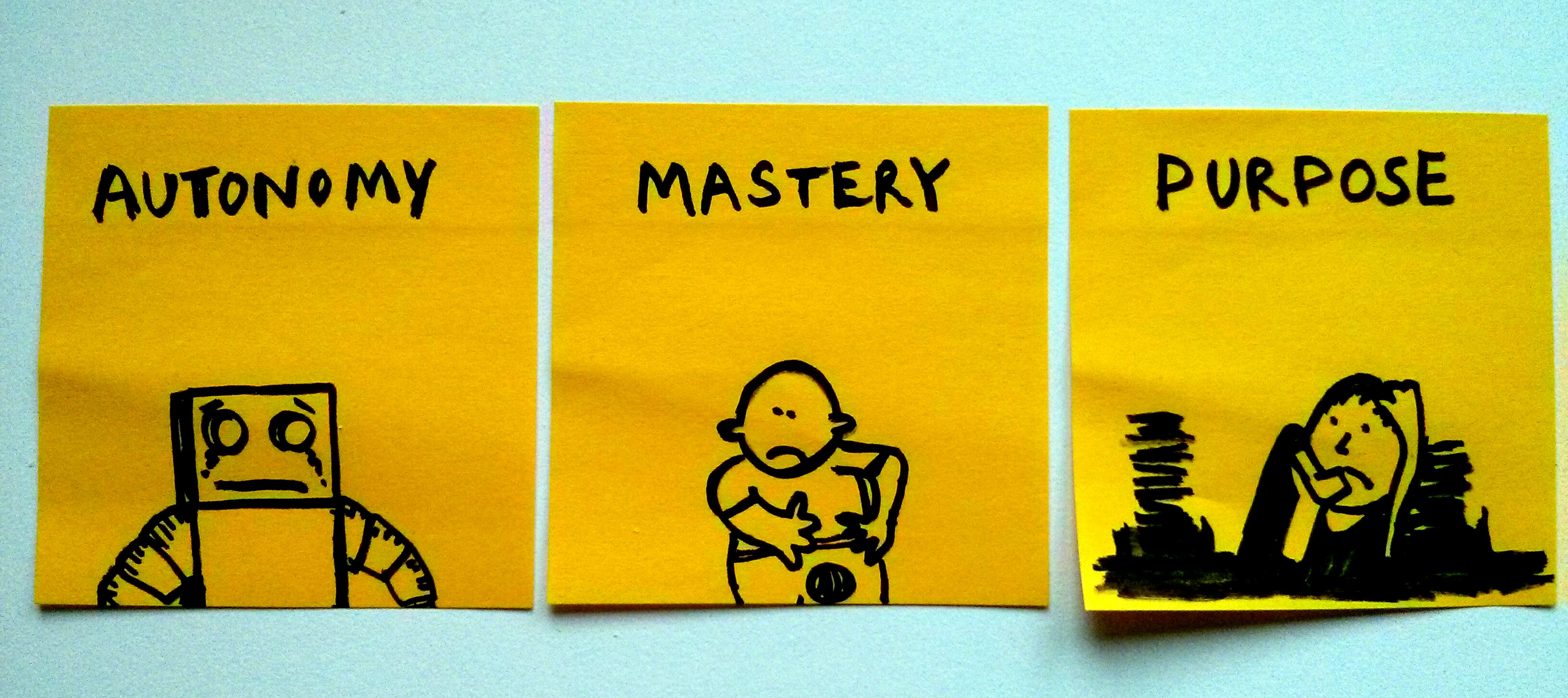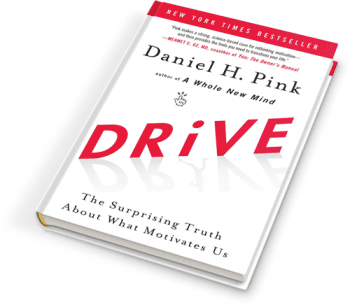In one of the last decade’s most influential books on motivation, Drive: The Surprising Truth About What Motivates Us, author Daniel Pink argues that the traditional motivators of the previous century – reward and punishment – mostly fail to deliver when it comes to keeping people engaged, fulfilled and happy in their careers.
According to the research that Mr Pink cites, the things people crave most are:
- autonomy
- mastery
- purpose
If those are the goals, then we should have it pretty good in veterinary science: for the most part vets have a large amount of autonomy (the freedom to make our own decisions) and opportunities for achieving mastery in veterinary science are just about limitless – but purpose, defined in this book as “working in the service of something larger than ourselves”, can be less obvious.

Serving what purpose?
The question as to whether what we, as vets, do for a living serves a larger purpose is one you’ll often hear – and it’s one I’ve certainly asked myself throughout my career.
And it’s a valid question: is it really that important, in the greater scheme of things, that I treat all those itchy dogs, while others are changing the world and amassing fortunes?
Even within the veterinary profession we see individuals pioneering new science, teaching and inspiring thousands of people, or reaching positions of authority and influence. Am I wasting my time and talents in practice, treating one sick animal at a time? Do my days have purpose?
The answer
 I’ve found the answer – or at least my answer – in the simple realisation that, on multiple occasions throughout the average working day, we have opportunities to relieve suffering, show compassion and provide some peace of mind.
I’ve found the answer – or at least my answer – in the simple realisation that, on multiple occasions throughout the average working day, we have opportunities to relieve suffering, show compassion and provide some peace of mind.
Reminding yourself of this can provide a protective shield against the forces of compassion fatigue (or just simple fatigue), high stress, and sometimes just sheer boredom that relentlessly try to chip away at motivation.
When you can turn work into service, chores turn into privileges.
This is my truth
Here’s another quote from Drive I think applies beautifully to vets and our purpose: “The question is not how to be successful, or how to survive. It’s how to be useful.”
Don’t forget how useful you are.
And remember that every time you work towards relieving suffering in your patients or your clients, however minor or imagined that suffering may seem to you, you are doing something that transcends your own needs. In that simple truth lies purpose.

Leave a Reply